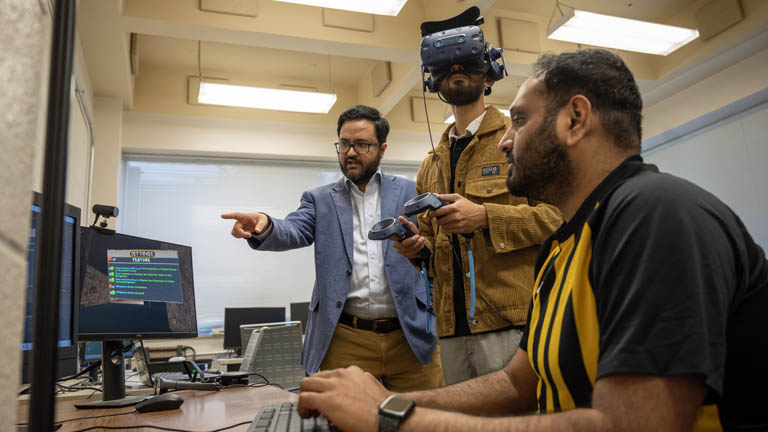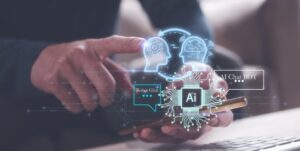Revealing Security and Privacy Risks of Integrating AI in Extended Reality

The Evolving Battle of AI and Cybersecurity
Introduction to AI and XR Technologies
Innovations in technology are advancing rapidly, particularly in fields like Artificial Intelligence (AI) and Extended Reality (XR), which encompasses both virtual reality (VR) and augmented reality (AR). These technologies are reshaping industries, including defense, healthcare, education, entertainment, and business. According to Khaza Anuarul Hoque, an assistant professor at Mizzou Engineering, the XR market is projected to reach a staggering worth of $30 billion by 2029. However, as these technologies grow, they also introduce significant risks.
The Opportunities and Risks of AI and XR
AI and XR have numerous real-world applications, ranging from self-driving cars to applications in military settings. However, they also pose threats to privacy and security. These technologies can collect an immense amount of personal data, including sensitive information such as:
- Age
- Gender
- Location
- Heart rate
- Eye movements
Because XR systems often operate on networked platforms, this data becomes a target for cyberattacks.
Understanding Vulnerabilities in XR
Cyberattackers can exploit vulnerabilities specific to AI and XR environments. Some potential threats include:
- Cybersickness: Discomfort or illness resulting from VR experiences.
- Cognitive Overload: A state where users are overwhelmed with information, affecting their performance.
To explore these issues further, Hoque and his team conducted in-depth research with support from the Department of Defense (DOD). They presented their findings at the prestigious Institute of Electrical and Electronics Engineers International Conference on Virtual Reality. This work delved into predicting cognitive load, attention, and working memory in virtual multitasking environments.
Key Findings from Hoque’s Research
Using an open dataset of motion tracking and physiological responses, Hoque’s team achieved over 90% accuracy in predicting feelings of cybersickness and cognitive overload among VR headset users. Their second study focused on a method called few-shot learning, which allows AI models to be fine-tuned for specific users after being trained on larger datasets, making it advantageous for widespread use.
Privacy Concerns in XR Technologies
Users of XR technologies may unknowingly become targets for various malicious activities, including:
- Surveillance: Unauthorized observation of users’ actions.
- Identity Theft: Fraudulent acquisition of personal data.
- Psychological Manipulation: Influencing users through targeted advertisements based on tracked attention.
To combat these issues, Hoque’s team explored how to secure user data against membership inference attacks, a common threat in the field. Their research, backed by the National Science Foundation (NSF), focused on implementing differential privacy.
Differential Privacy in Action
Differential privacy is a technique that adds just enough noise to data to obscure personal information while still allowing machine learning models to function effectively. Utilizing this method, Hoque’s research team successfully reduced the success of these attacks by more than 50%, demonstrating that user privacy can be protected without sacrificing model performance.
The Collaborative Team Behind the Research
The successes of Hoque’s lab can be attributed to collaboration and a diverse range of expertise among students. The team consists of individuals ranging from industry professionals to those specializing in AI safety and security, energy-efficient AI hardware, and formal methods. This mix allows for an innovative approach to addressing various technological challenges.
The Ongoing Arms Race in Cybersecurity
Despite these advancements in research and technology, the battle between cyberattacks and cybersecurity remains ongoing. New threats continuously emerge as attackers adapt to new technologies, such as large language and vision models. Hoque notes that the sophistication of cyberattacks has increased significantly as AI evolves, creating a constant struggle for those defending against these incursions.
Commitment to Innovation at Mizzou Engineering
At Mizzou Engineering, the focus is on creating impactful solutions in the world of technology. The university supports research that drives meaningful change while adapting to the quickly evolving landscape of AI and XR threats. Through continuous learning and innovation, Mizzou Engineering aims to stay ahead in this critical field.




